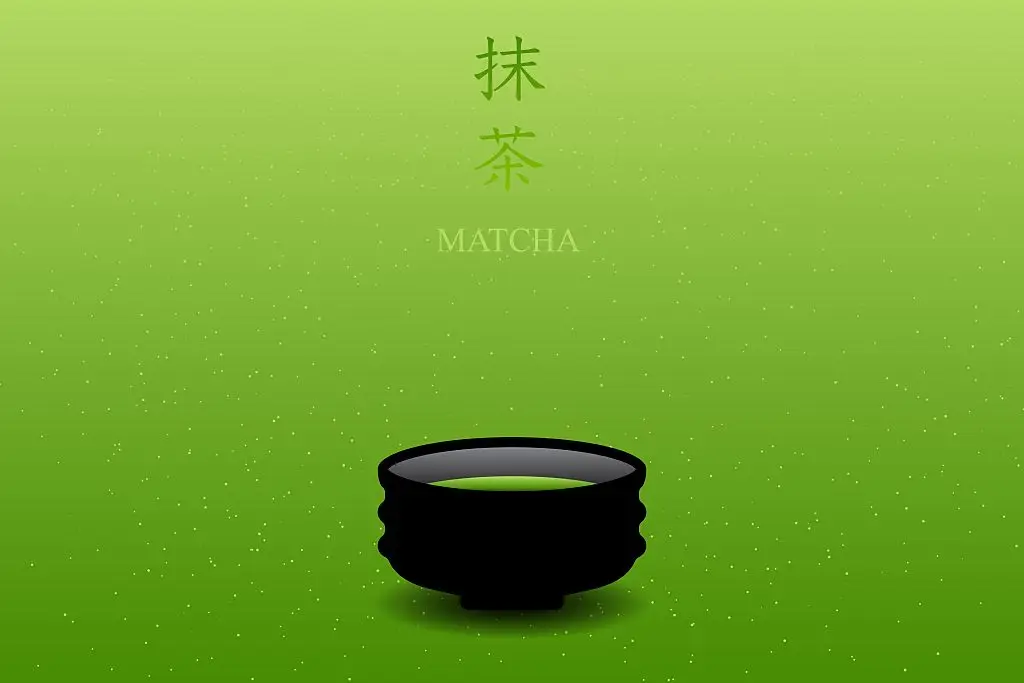9 Plant Compounds That Activate Your Longevity Genes
3. EGCG — Green tea’s catechin that supports AMPK and autophagy

EGCG is the main catechin in green tea and features in research on energy sensing and cellular maintenance. It appears to influence AMPK, a central energy regulator that helps cells adapt when fuel is low. EGCG also supports autophagy, the cell’s recycling system for clearing damaged proteins and organelles. Regular green tea consumption has been associated with modest metabolic and cardiovascular benefits in human studies, alongside cellular-level effects in lab models. Drinking a few cups of green tea daily is a practical way to access EGCG without relying on extracts. Be cautious with concentrated green tea supplements; they can be potent and, in rare cases, affect the liver. As with other phytochemicals, whole-food approaches—sip green tea instead of grabbing another sugar-sweetened beverage—are a gentle, sustainable step toward supporting longevity pathways.
4. Thymol — A terpenoid that nudges autophagy via mitochondrial signals

Thymol is a terpenoid found in thyme and related Mediterranean herbs. Recent research highlights an interesting mechanism: thymol can transiently tone down mitochondrial membrane potential, which in turn activates autophagy, a cellular housekeeping process. In experimental models, this pathway helped cells and tissues better manage metabolic stress. For everyday life, culinary thyme and oregano are simple ways to include thymol in meals. These herbs also add flavor, making healthy dishes more enjoyable—an important piece of long-term consistency. While essential oils concentrate thymol and exist as supplements, they require careful dosing and professional guidance. Using fresh or dried herbs in cooking keeps intake gentle and food-first, aligning with the HealthPrep approach of sustainable, realistic habits.
